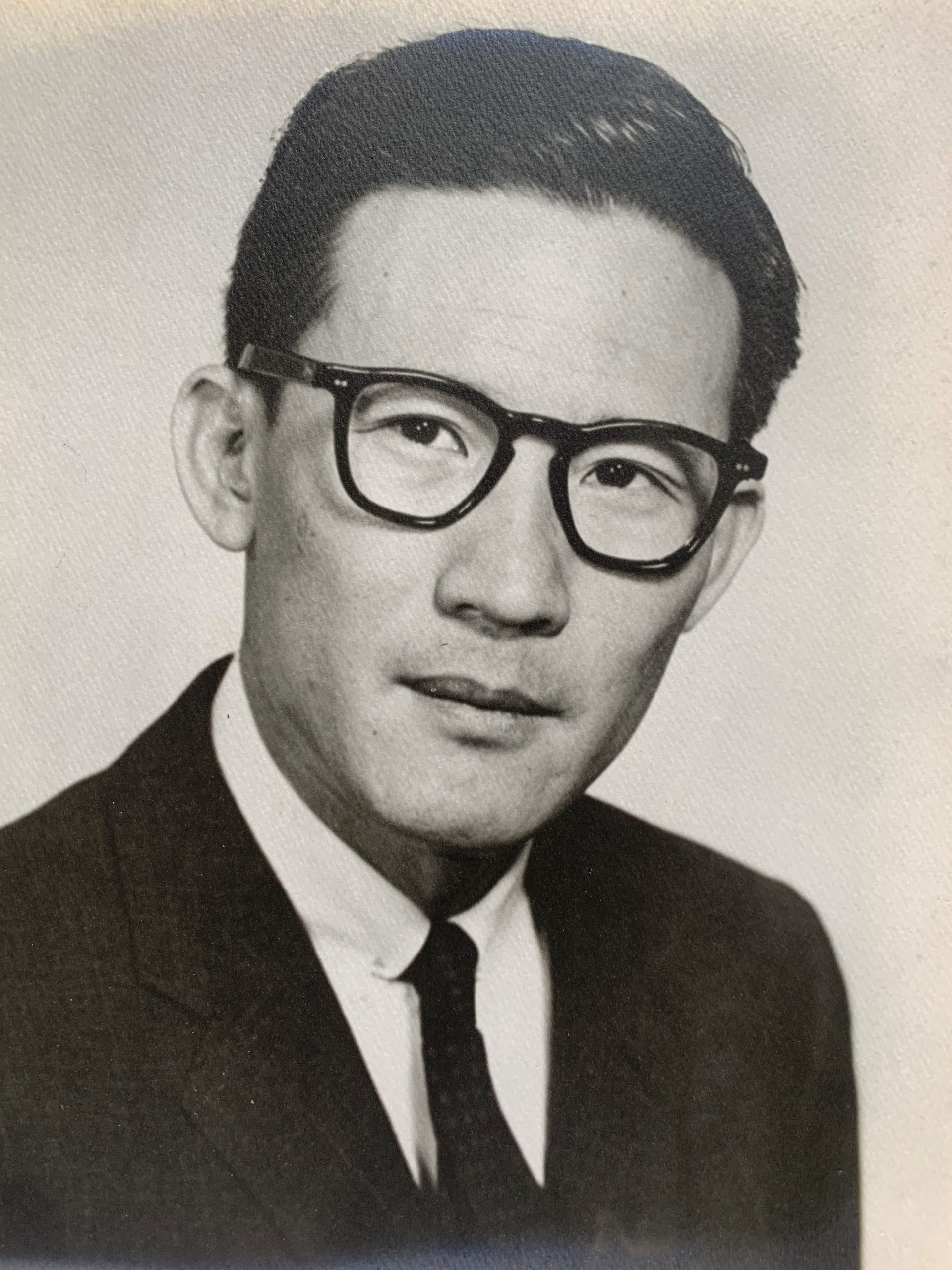Conrad Albert “Connie” Lau was a visionary engineer whose pioneering work in aeronautics helped shape modern aviation and influenced early U.S. space exploration. Born on February 8, 1921, in Port of Spain, Trinidad, Lau grew up on Scott Bushe Street and spent his secondary school life at Queen’s Royal College (QRC). His academic promise was evident early, and after his fourth year at QRC, he earned a place at the Massachusetts Institute of Technology (MIT), one of the world’s foremost engineering institutions.
At MIT, Lau distinguished himself academically, earning a Bachelor of Science degree in Mechanical Engineering in 1942, followed by a Master of Science in Aeronautical Engineering in 1943. He was named to the Dean’s List and inducted into the National Honorary Engineering Fraternity, fastening his place among the most promising engineers of his generation. Lau devoted his entire professional career to Chance Vought Aircraft, a division of United Aircraft Corporation (later Ling-Temco-Vought). There, he made extraordinary contributions to U.S. defence programmes. He worked on the development of the F4U Corsair, a World War II fighter aircraft noted for its exceptional performance in the Pacific theatre, achieving an 11:1 kill ratio. Lau’s leadership continued into the postwar era as he headed development of the F7U Cutlass and the F8U Crusader series. One of his most notable achievements was the re-engineering of the F8U into the A-7 Corsair II for the U.S. Navy. His innovative design won the contract over fierce competition and resulted in one of the most successful light attack aircraft in U.S. naval history. Lau also served as Chief Project Engineer for the XF8U-3 Crusader III and contributed to Project MALLAR, a precursor to the Apollo lunar landing programme.
His professional stature was recognised through his appointment as an Associate Fellow of the American Institute of Aeronautics and Astronautics and as an advisory member of NASA’s Committee on Aerodynamics and Aircraft Design. Lau was not only an accomplished engineer but a respected thought leader in aeronautics, influencing both aircraft design and the future of aerospace research. Tragically, Conrad Lau passed away from cancer on April 18, 1964, at the young age of 43. He left to mourn his wife Nancy and their three children, Conrad, Sallie and Michael. Though his life was relatively brief, his effect on aviation and engineering prevails, with many of his innovations remaining benchmarks in aerospace history.
The Queen’s Royal College Old Boys’ Association is privileged to welcome Hall of Honour Inductee the late Conrad Albert Lau to the Hall of Honour for his life of distinction, shaping modern aviation and space exploration.
